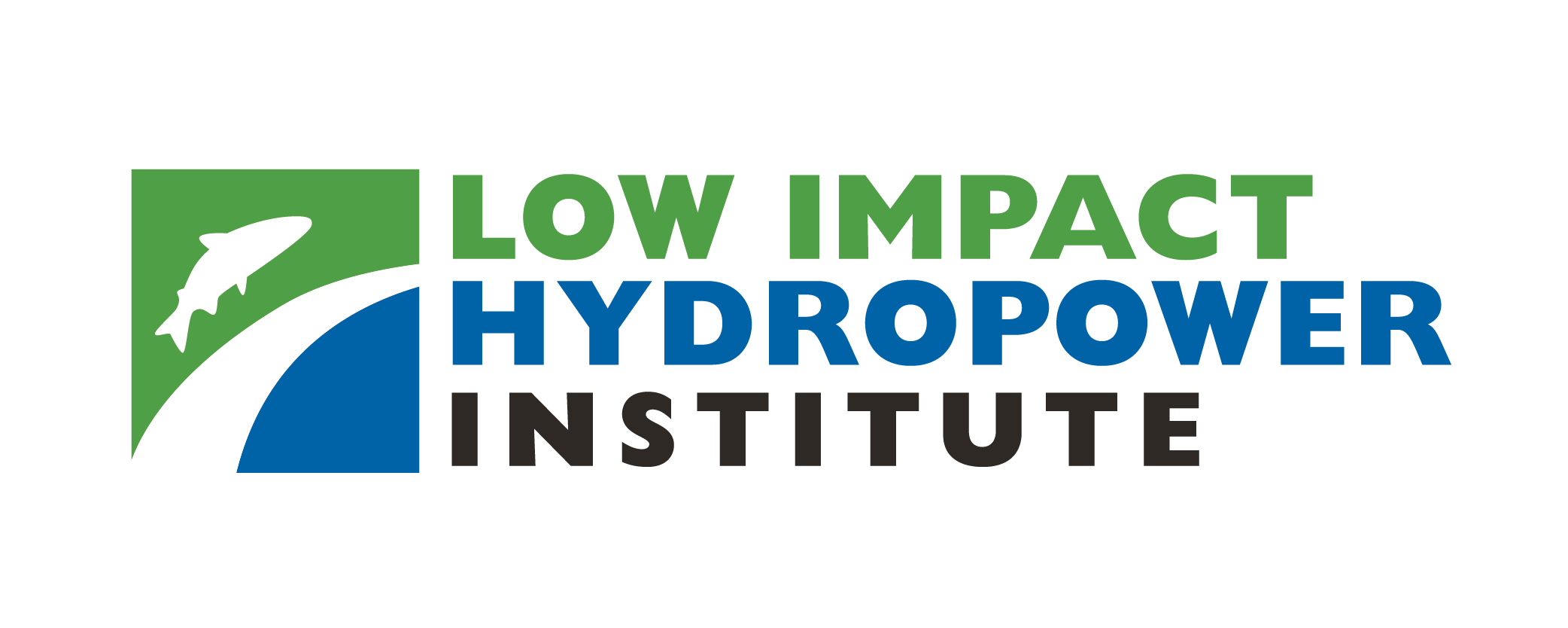Useful Links
Regulatory Links
The Federal Energy Regulatory Commission responsibilities include: Issuance of licenses for the construction of a new project; Issuance of licenses for the continuance of an existing project (relicensing); and Oversight of all ongoing project operations, including dam safety inspections and environmental monitoring.
U.S. Department of Energy
HydroWIRES - The mission of the HydroWIRES (Water Innovation for a Resilient Electricity System) Initiative is to understand, enable, and improve hydropower’s contributions to reliability, resilience, and integration in the rapidly evolving U.S. electricity system.
The National Renewable Energy Laboratory has published a database of hydropower information designed to better understand the technology and industry. The database includes hydropower basics, news/events, resources, and tools to help jumpstart a career in the hydro-workforce.
The Hydropower RAPID Toolkit is an easy online tool that helps explain the hydropower licensing and permitting process. With hydropower relicensing and new hydropower projects on the horizon across the country, U.S. stakeholders can learn how to use the toolkit to easily access both federal and state-level hydropower permitting information and tools, including statutes, regulations, processes guidance, and manuals. It even provides examples, contacts, best practices, and other relevant information.
HydroSource, developed by Oak Ridge National Laboratory, provides a comprehensive and unique National Energy-Water digital platform designed to help the hydropower community make data driven decisions.
The Pacific Northwest National Laboratory publishes Explainer Articles to provide insight on various fields of study. The following links provide a thorough examination of two prevalent topics: Fish Passage and Renewable Integration.
Resource Agency Links
The NOAA Fisheries Office of Habitat Conservation protects, restores, and promotes stewardship of coastal and marine habitat to support our nation’s fisheries for future generations.
The US Fish and Wildlife Service National Fish Passage Program is a voluntary, non-regulatory initiative in the U.S. Fish and Wildlife Service which provides funding and technical assistance to reconnect aquatic habitats.
Funding Resources
The Database of State Incentives for Renewables and Efficiency (DSIRE) provides a comprehensive list of available incentive programs and policies in the United States, sorted by state. DSIRE is operated by the NC Clean Energy Technology Center at NC State University.
The Rural Energy for America Program Renewable Energy Systems and Energy Efficiency Improvements Assistance: provides financial assistance in the form of grants and guaranteed loans to agricultural producers and rural small businesses for purchasing and installing renewable energy systems and making energy efficiency improvements.
Green Market Resources
The US EPA website has useful information that defines Green Power and Green Markets.
The Renewable Energy Markets Association (REMA) represents organizations that sell, purchase, or promote renewable energy products. These products include Renewable Energy Certificates (RECs), retail green power programs, utility green pricing services, and on-site renewable energy solutions.
The Center for Resource Solutions is a national nonprofit that develops consumer-protection mechanisms in renewable energy, greenhouse gas reductions, and energy efficiency that foster healthy and sustained growth in national and international markets. CRS manages the Green-e Program.
The US Environmental Protection Agency Green Power Partnership Program is a voluntary program that encourages organizations to use green power as a way to reduce the environmental impacts associated with conventional electricity use. The Partnership currently has more than 1,300 Partner organizations voluntarily using billions of kilowatt-hours of green power annually. Partners include a wide variety of leading organizations such as Fortune 500®companies, small and medium sized businesses, local, state, and federal governments, and colleges and universities.
The US DOE Green Power Network provides news and information on green power markets and related activities. The site provides up-to-date information on green power providers, product offerings, consumer protection issues, and policies affecting green power markets. It also includes a reference library of relevant papers, articles and reports. The Green Power Network is operated and maintained by the National Renewable Energy Laboratory for the U.S. Department of Energy.
Hydropower Developer Resources
The National Hydropower Association is a nonprofit national association serving the diverse North American hydropower community, representing more than 200 companies in the North American hydropower industry, from Fortune 500 corporations to family-owned small businesses.
Renewable Policy Resources
The Clean Energy States Alliance is a national nonprofit coalition of state and municipal clean energy funds working with federal, regional, industry, and other stakeholders to promote clean energy markets and technologies.
Environmental Non-Governmental Organizations
American Rivers protects wild rivers, restores damaged rivers, and conserves clean water for people and nature. Since 1973, American Rivers has protected and restored more than 150,000 miles of rivers through advocacy efforts and on-the-ground projects.
The Appalachian Mountain Club promotes the protection, enjoyment, and understanding of the mountains, forests, waters, and trails of America’s Northeast and Mid-Atlantic regions.
The Union of Concerned Scientists combines the knowledge and influence of the scientific community with the passion of concerned citizens to build a healthy planet and a safer world.
The Nature Conservancy mission is to conserve the lands and waters on which all life depends. Their vision is a world where the diversity of life thrives, and people act to conserve nature for its own sake and its ability to fulfill our needs and enrich our lives.
The National Resources Defense Council combines the grassroots power of more than 2 million members and online activists with the courtroom clout and expertise of nearly 500 lawyers, scientists and other professionals.
Trout Unlimited is a national non-profit organization with about 300,000 members and supporters dedicated to conserving, protecting and restoring North America’s coldwater fisheries and their watersheds.
